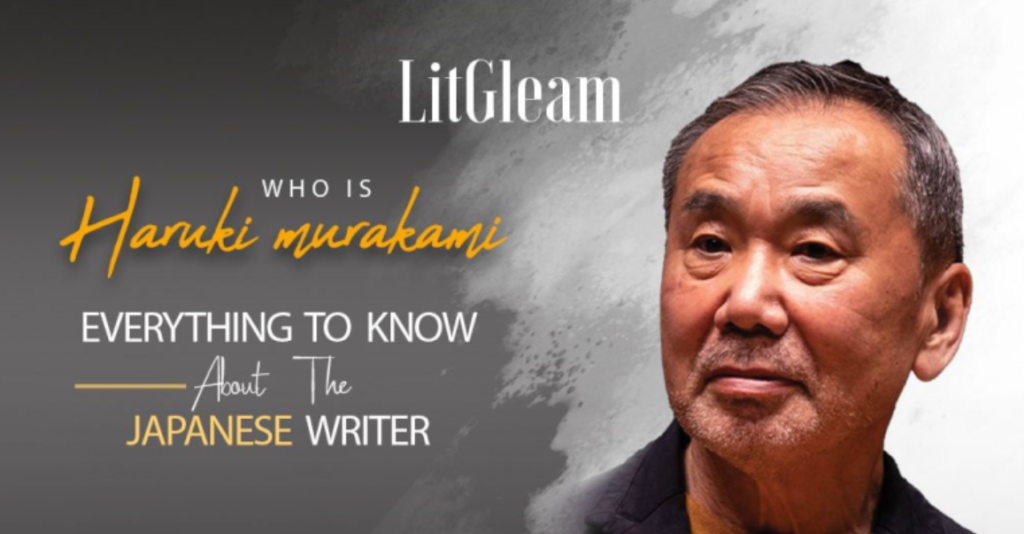
Lesson 36 Heroes and Heroines
Topic Question: “Do you have a story about a hero or heroine from Japanese history?”
▮ Try Answering the Question Yourself
Think about your experiences with anime and its impact on global culture. Consider how anime has become popular in your country and abroad.
▮ Sample Answer
“One notable heroine from Japanese history is Himiko, the shaman queen of Yamatai in the 3rd century. She was known for her wisdom and ruled a kingdom in ancient Japan. Her leadership brought peace to a previously war-torn region, and she was respected as a mediator and a communicator with the divine. Himiko’s legacy is celebrated for her diplomatic skills and her role in stabilizing her society.”
▮ Words to Learn and Their Meanings about Sample Answer
1. Heroine (ヒロイン): A woman admired for her courage, outstanding achievements, or noble qualities.
2. Shaman queen (巫女王): A female leader believed to have access to, and influence in, the world of good and evil spirits.
3. Wisdom (知恵): The quality of having experience, knowledge, and good judgment.
4. Leadership (リーダーシップ): The action of leading a group of people or an organization.
5. Legacy (遺産): Something transmitted by or received from an ancestor or predecessor from the past.
▮ Answer the Instructor’s Questions Based on the Sample Answer
- Who is Himiko?
2. What is Himiko’s legacy?
▮ Mastering Middle School English Grammar
I’d rather…

I would rather do something = I would prefer to do something
● I don’t really want to go out.I ‘d rather stay home. (= I’d prefer co stay home)
● “Should we go now?” “No, not yet.I ‘d rather wait until later.”
● I’d like to go now, but Tom would rather wait until later.
● I don’t like to be late.I ‘d rather be early.
● I’m feeling tired.I ‘d rather not go out tonight. (= I’d prefer not to go out)
● We’re not hungry.W e’d rather not eat yet.
● ‘Would you like to go out tonight “I’d rather not.” (= I’d rather not go out)
We say “I’d rather do something ” (not to do something).
● l’d rather sit on the floor. (not I’d rather co sit)
● Sue would rather not go out. (not would rather not to go)
You can say “I’d rather … than … “:
● I’d rather go out than stay home.
● I’d rather have a dog than a cat.
● We’d rather go to the movies than watch a DVD at home.
Example Sentences:
- I’d rather learn about ancient heroines like Himiko than modern celebrities. (Expressing a preference for historical figures over contemporary ones.)
- Given the choice, I’d rather read a book about Himiko’s wisdom and leadership than a fantasy novel. (Showing preference for educational content over fiction.)
- Which would you prefer to read, a historical account or fiction? I’d prefer a book on Himiko’s wisdom.
- I’d rather visit the sites associated with Himiko in Japan than typical tourist destinations. (Preferring to explore historical sites over common tourist spots.)
Make Sentences Based on the Above Example Sentences Yourself:

























